This trend has reached unprecedented proportions, raising concerns about workforce imbalances in other fields and huge pressure on medical schools.
According to data released at the end of August, nearly 2,500 students at three top universities in Korea, including Seoul National University (SNU), Yonsei University and Korea University, dropped out of school in 2024. This is the largest wave of dropouts in 18 years, with an increase of 17% compared to the previous year.
Korea University was hit hardest, losing 1,000 students, followed by 942 at Yonsei and 485 at SNU. Most of these students were studying natural sciences and humanities.
The reason lies in the government ’s policy of expanding medical enrollment. In order to cope with the shortage of doctors in an aging society, the quota was raised from 3,000 to 5,000 students at 40 medical schools. This decision created a “fight” for places, causing even students at the most prestigious institutions to drop out to retake exams.
Experts warn of a double whammy. Traditional universities are losing top talent, while medical schools are “seriously overloaded.”
“The faculty is stretched thin and forced to take on extra classes due to strikes and a sudden increase in student numbers. This not only puts academic pressure on the faculty, but can also undermine the quality of medical education,” said Professor Theodore Jun Yoo, who teaches at Yonsei University.
In fact, this shift has been happening for many years. In 2022, about 1,900 SKY students dropped out. By 2023, more than a quarter of students with the highest scores on the college entrance exam declined to enroll in medicine. A national survey also found that 20% of elementary and middle school students wanted to become doctors, demonstrating the strong appeal of the medical profession in Korea, where doctors are among the highest income and social status groups.
Some experts question whether the medical option is truly a sustainable path. Professor Yoo believes that AI will have a profound impact on the medical profession in the future, and that many technical fields may offer more stable prospects. He notes that even within the medical profession, there is an imbalance in supply and demand, with many pediatricians having to switch to dermatology due to the declining number of children.
To avoid a prolonged crisis, researchers are calling for government policy changes. Suggestions include increasing the cost of medical training, introducing compulsory service in rural areas, and creating incentives for students to consider a variety of careers. Without radical change, they warn, the race to become a doctor will continue to “destroy universities” and erode academic diversity.
“The mass dropouts reflect concerns about employment amid the spread of AI,” said Robert Fouser, an associate professor at Seoul National University. “The reduced demand for human resources in education and research, combined with a low birth rate, threatens to undermine South Korea’s long-term technological position.”
Source: https://giaoducthoidai.vn/cuoc-dua-nganh-y-lam-rung-chuyen-dai-hoc-han-quoc-post748713.html


![[Photo] Prime Minister Pham Minh Chinh attends the groundbreaking ceremony of two key projects in Hai Phong city](https://vphoto.vietnam.vn/thumb/1200x675/vietnam/resource/IMAGE/2025/9/27/6adba56d5d94403093a074ac6496ec9d)





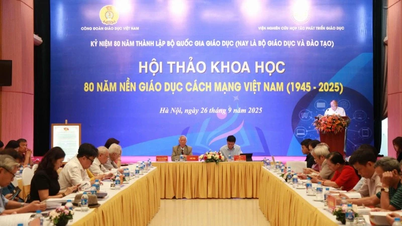

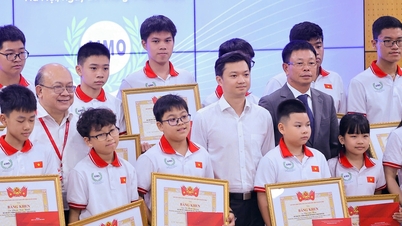

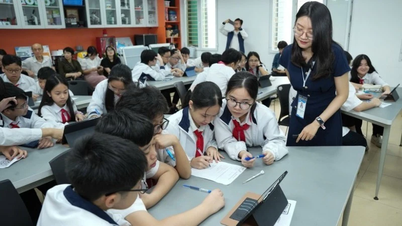
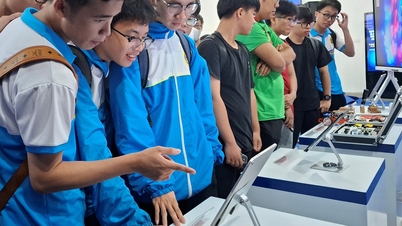








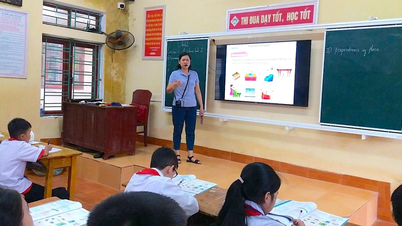
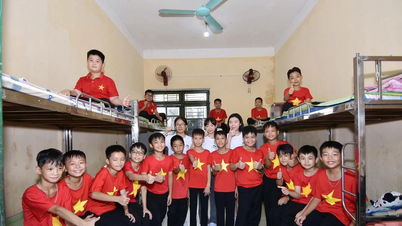


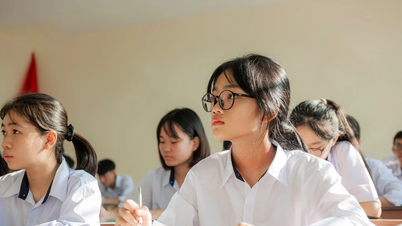











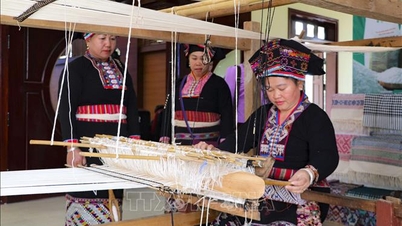






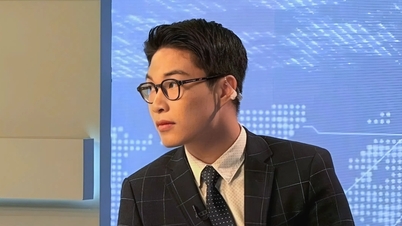

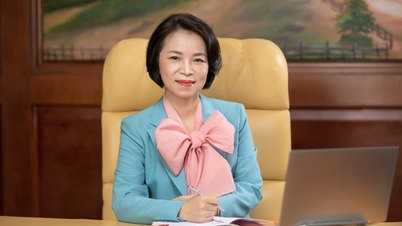




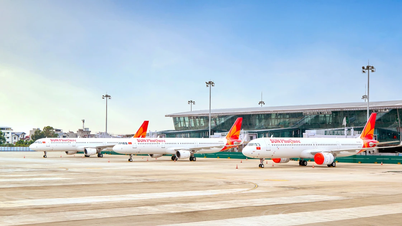







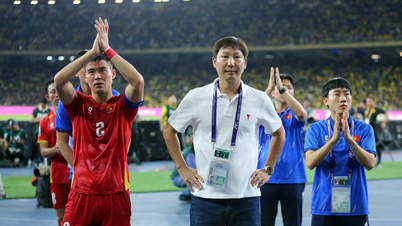






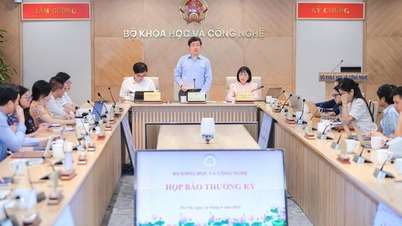


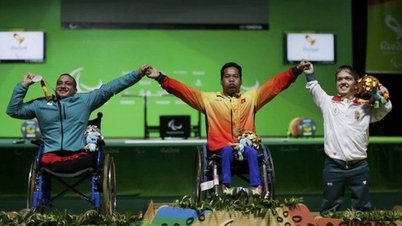

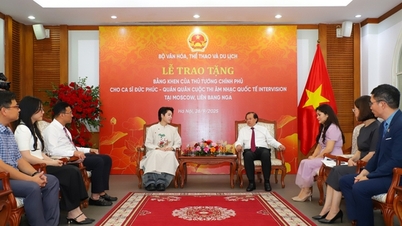


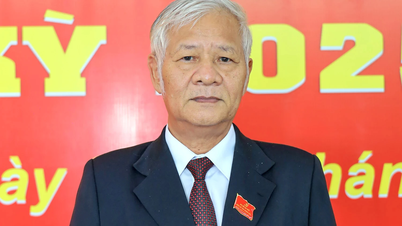





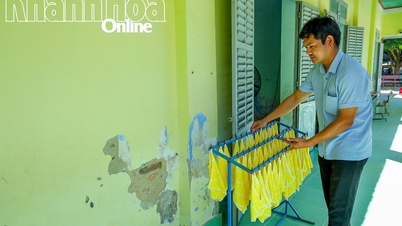



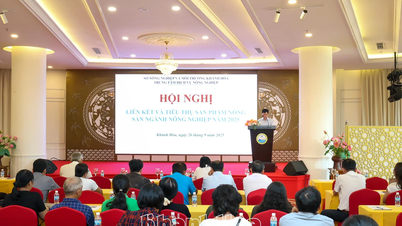









Comment (0)